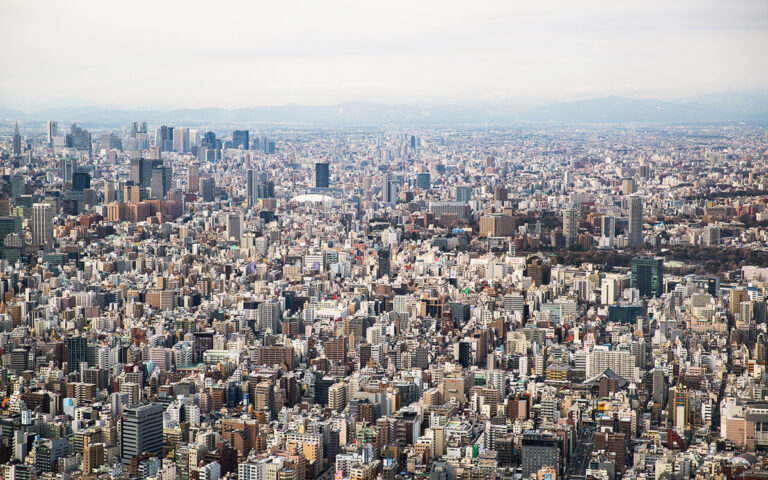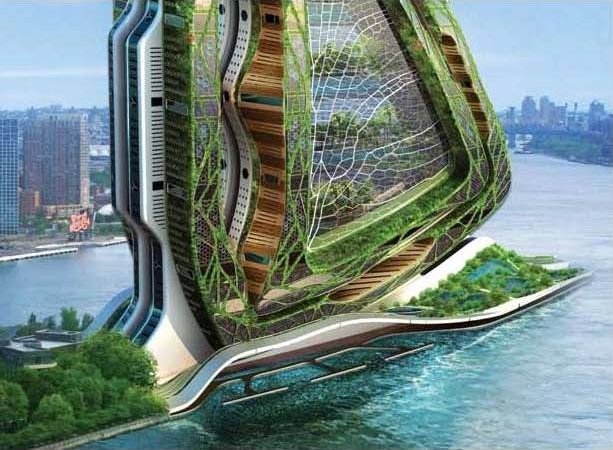all about urbanization
Urbanization can be defined as the process of small, rural settlements growing and expanding to become urban centers. Such an evolution is typically the result of some sort of economic incentive in that the prosperity of a given community attracts the attention of people interested in sharing in or profiting from the success of the…



